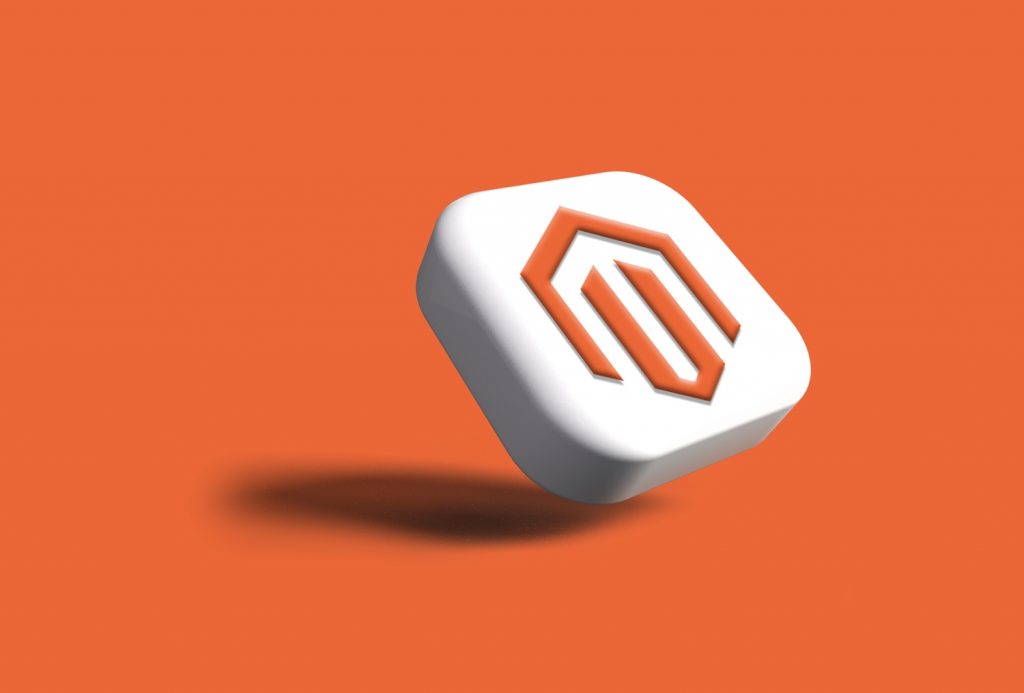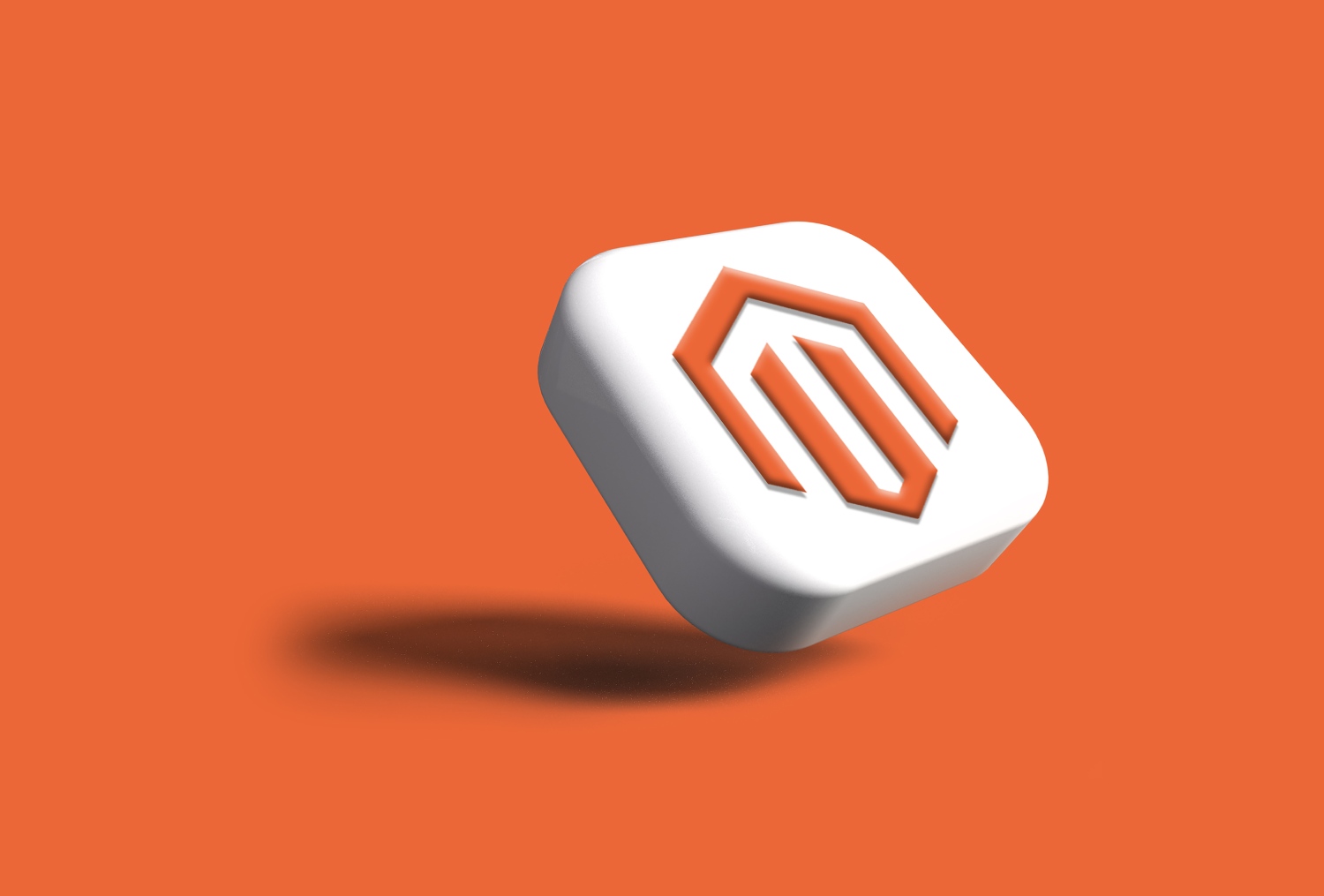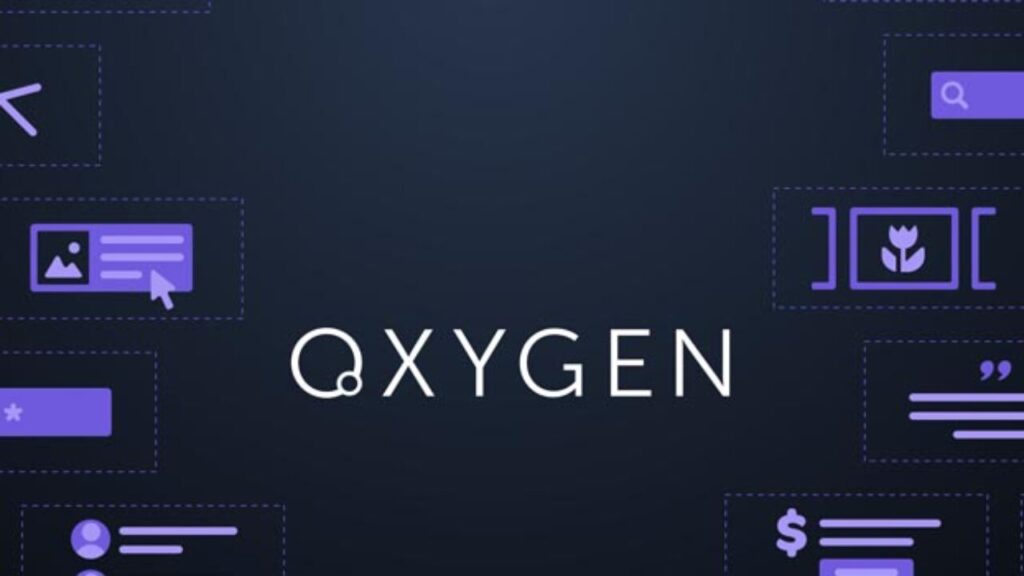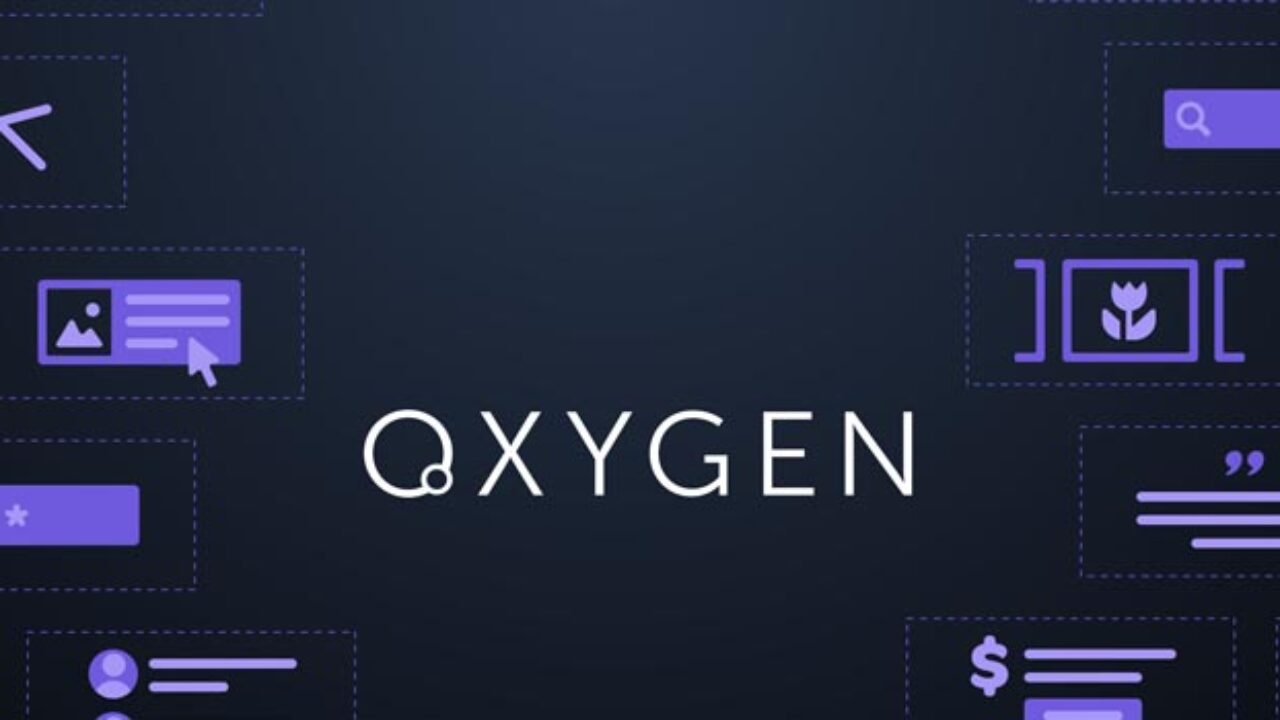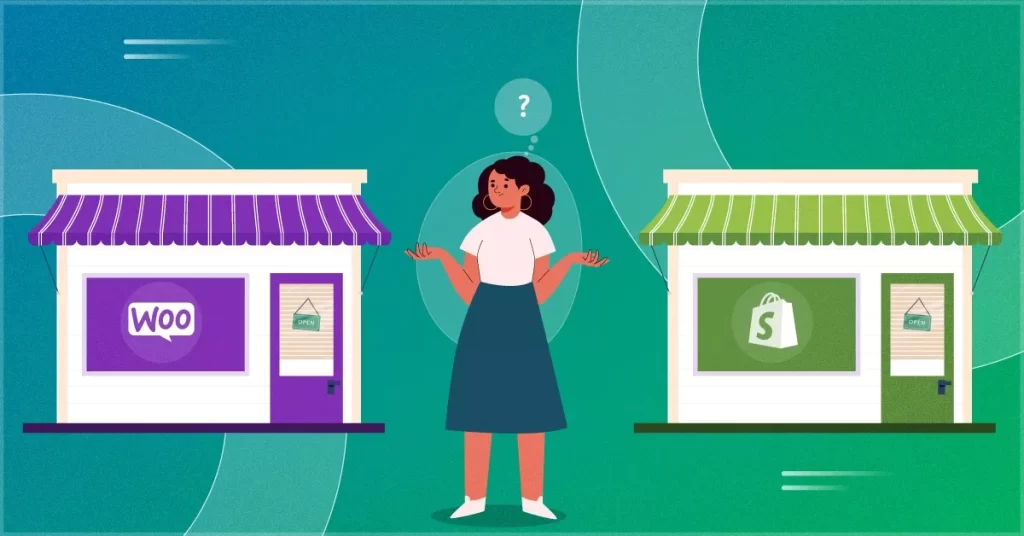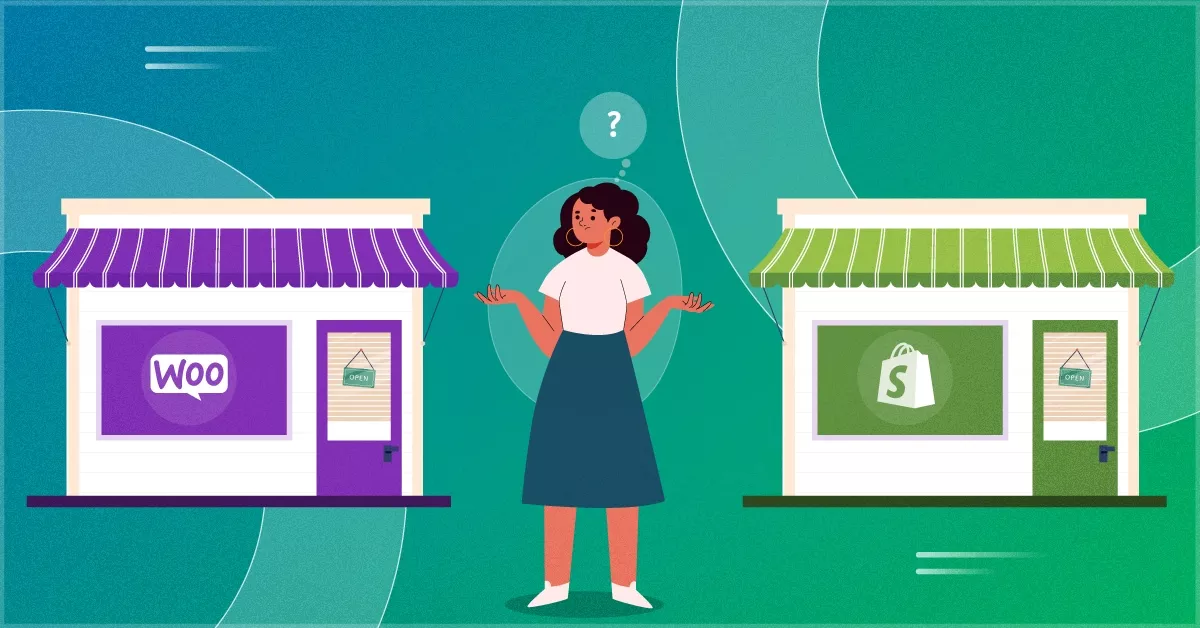What is MongoDB?
MongoDB stands out as a unique open-source NoSQL database. Thanks to its non-relational, document-oriented data model and flexible query language, it efficiently handles structured, unstructured, and semi-structured data. These features ensure superior performance, availability, and seamless scalability, making it a standout choice among other databases.
Modern applications require efficient, extensive data management, rapid feature development, and flexible deployment. MongoDB caters to these needs, with both free and commercial licenses available.
Why do we choose MongoDB?
- In the era of modern applications, the demand for efficient data management, rapid feature development, and flexible deployment has surged. Traditional database systems often need help to meet these requirements, necessitating upgrades. This is where MongoDB excels, offering a solution that is not just a preference but a necessity.
- MongoDB utilizes a document-oriented storage paradigm, which simplifies programming and management.
- With MongoDB’s scalability, you can rest assured that it can handle extensive data loads vertically and horizontally. This flexibility enables seamless expansion as your data requirements increase, ensuring your growing data needs are easily met and giving you peace of mind.
- MongoDB expedites software development, enabling teams to navigate complex data scenarios efficiently. Its rapid interactive development support streamlines developer work, enhancing productivity.
- MongoDB, an open-source NoSQL database with a document-based solution, is designed to be user-friendly. It is accessible to all users, regardless of their experience with databases, and simplifies data management and programming, empowering you to take control of your data.
Positive and negative consequences of MongoDB.
Positive consequences:
- MongoDB can store a wide range of data types, providing users greater flexibility in managing their data.
- Data sets that are too large to be stored on a single server can be distributed across multiple servers to enable efficient storage and processing.
- MongoDB demonstrates considerably faster processing speeds than relational databases.
- MongoDB is an efficient database system that can handle large volumes of data while scaling horizontally.
- MongoDB setup is comparatively more manageable than the setup of traditional relational database systems.
- Advanced features, such as Ad-hoc Query Support, can help alleviate concerns about complex queries.
Negative consequences:
- Unlike relational databases, MongoDB does not support joins.
- When joins are absent, data redundancy can occur, which may increase memory usage.
- In MongoDB, the largest size that a document can reach is 16 megabytes.
Conclusion:
To build websites and web-based solutions, it’s essential to understand MongoDB’s pros and cons. MongoDB is fast, flexible, and scalable, lacking joins and document size restrictions. Drop Techno Lab provides optimal business growth and success services for user-friendly and swift website solutions with MongoDB.



